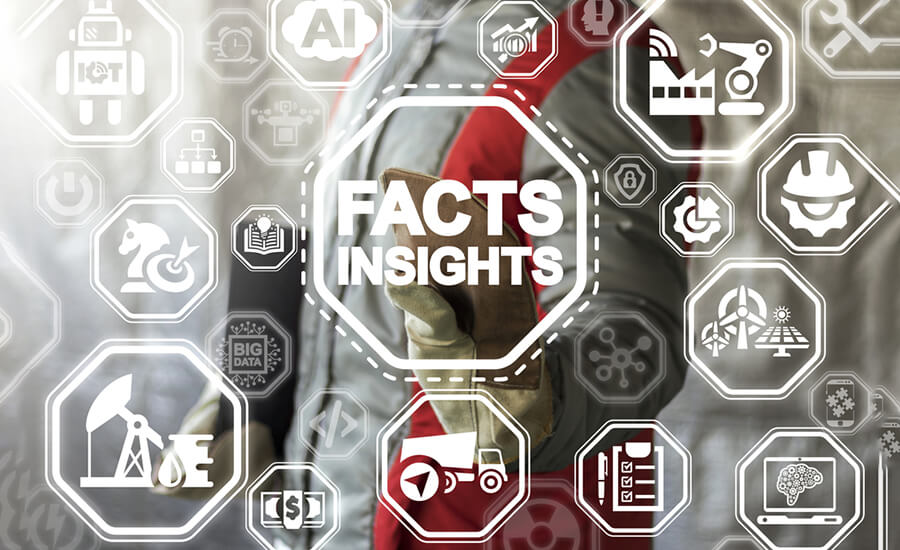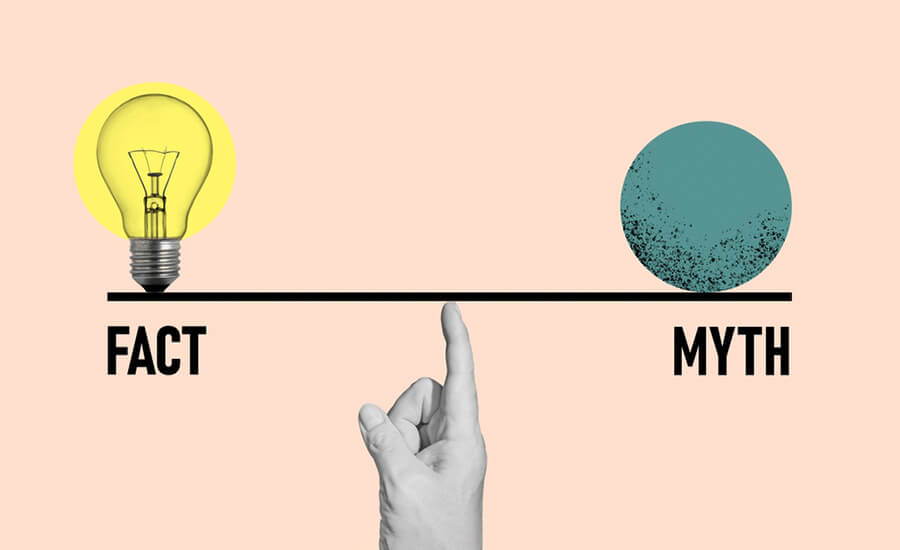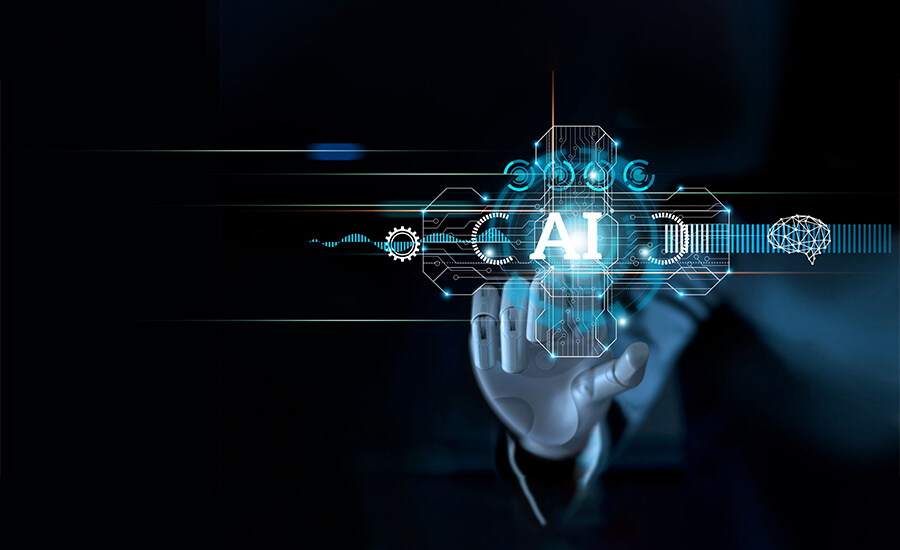As with any transformative technology, artificial intelligence (AI) has been surrounded by a fair share of myths and misconceptions. These can distort our understanding of AI, inflate expectations, or fuel unwarranted fears. Therefore, it’s crucial to dispel these myths and delve into the facts, fostering a balanced and informed perspective on AI. Let’s bust some prevalent AI myths and separate facts from fiction.
Myth 1: AI is an autonomous, sentient being
Perhaps one of the most pervasive myths is the portrayal of AI as an autonomous, sentient being capable of independent thought, emotions, or even rebellion against its human creators.
Fact: AI is a tool created and controlled by humans. It operates based on algorithms and can only perform tasks it’s programmed to do. While AI can analyze data, recognize patterns, and make decisions within its predefined framework, it doesn’t possess consciousness, emotions, or free will.
Myth 2: AI will lead to widespread job losses
The narrative of AI replacing human jobs has stoked fear and resistance against AI.
Fact: While AI can automate certain tasks, it also creates new jobs and transforms existing ones. Instead of replacing humans, AI is more likely to augment human skills, enabling us to work more efficiently and focus on tasks that require creativity, critical thinking, and emotional intelligence. It’s about humans and machines working together, not against each other.
Myth 3: AI is infallible
Another common myth is that AI is infallible, delivering perfect results every time.
Fact: AI is not perfect. It’s as good as the data it’s trained on. If the data is biased or flawed, the AI’s performance will be too. Also, AI can’t handle situations that it hasn’t been trained for. Ensuring AI’s accuracy and fairness requires careful data selection, continuous monitoring, and periodic fine-tuning.
Myth 4: AI is only for tech giants
Some people believe that AI is only accessible to large tech companies with vast resources.
Fact: Today, AI tools and platforms are accessible to businesses of all sizes and sectors. From healthcare to agriculture, businesses are using AI to optimize operations, enhance customer service, and drive innovation. AI is not a distant, inaccessible technology but an integral part of our everyday lives and work.


Demystifying AI is critical in this era of rapid technological change. We need to foster a clear understanding of what AI is, what it can do, and what it can’t. Only then can we leverage AI’s potential responsibly and effectively, navigate its challenges, and ensure it serves our collective good. After all, AI is a human creation, and its future lies in our hands. Let’s shape this future with knowledge, not myths; with thoughtful action, not fear.

